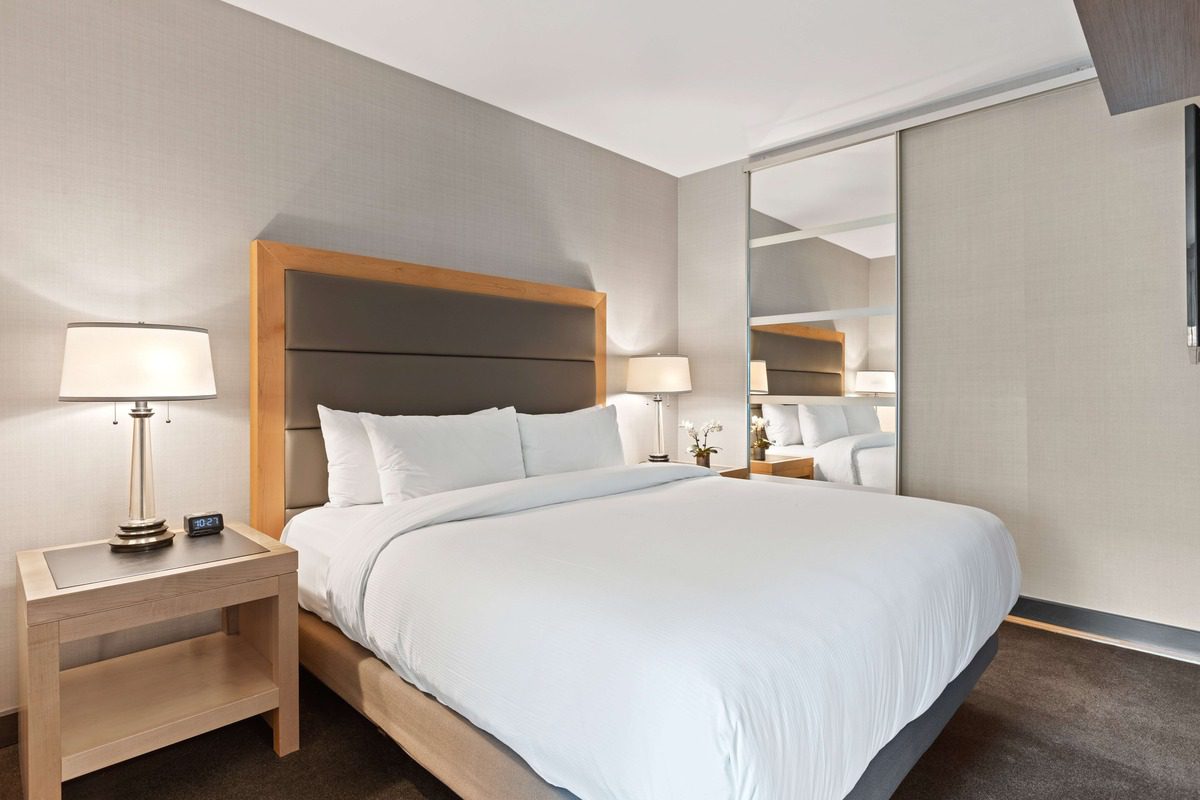In the world of hospitality, ensuring a clean and inviting environment is crucial not only for guest satisfaction but also for the overall success of your business. A key component of effective hotel management is pest control. By understanding how to foster a pest monitoring culture in hotels, you can significantly boost your property's reputation and guarantee a comfortable stay for your guests. This article explores actionable steps and strategies to build a proactive pest monitoring framework that secures your hotel as a refuge for guests, free from pests.

The Significance of Pest Monitoring
Pests, which include rodents, insects, and other unwelcome visitors, can severely damage a hotels reputation, leading to unfavorable reviews and financial setbacks. By establishing a strong pest monitoring culture, hotels not only mitigate the risk of infestations but also affirm their commitment to guest safety and cleanliness.
Developing a culture of pest monitoring extends beyond occasional inspections or reactive responses. Its about cultivating an attitude among staff and management that prioritizes vigilance and proactive measures. This mindset is essential for upholding high cleanliness standards and ensuring guest satisfaction at your hotel.
Strategies to Build a Pest Monitoring Culture
1. Conduct Routine Inspections
Regular inspections form the backbone of a successful pest monitoring culture. Schedule consistent examinations across all hotel areas, including guest rooms, kitchens, storage areas, and shared spaces. During these inspections, keep an eye out for signs of pest activity like droppings, gnaw marks, or nests. Collaborating with professional pest control services can offer expert advice and sophisticated detection techniques. For specific insights on how to monitor for mice in hotels, see monitor mice.
2. Empower Your Team with Training
Equip your hotel staff with the essential knowledge and skills required to identify and report pest issues effectively. Regular training sessions should encompass pest identification, signs of infestation, and the correct reporting procedures. Encourage your team to remain alert and proactive, as they are the frontline defenders against potential pest challenges.
3. Implement Preventive Strategies
Prevention is vital when it comes to pest management. Seal off entry points, such as cracks and gaps, and enforce stringent waste management practices. Regular cleaning routines and diligent food storage can significantly minimize the risk of pest infestations. A comprehensive prevention approach can greatly diminish the chance of pests becoming a concern in the first place.
4. Embrace Technology and Innovations
Advancements in technology now allow hotels to employ tools like electronic monitoring systems and sensors to detect pest activity efficiently. These technologies provide real-time data and insights, enabling quick intervention if pests are detected. For a detailed discussion on how pest control technology can benefit hotels, visit pest control technology.
Creating an Encouraging Atmosphere
Building a pest monitoring culture demands collective support from all hotel personnel, from management to housekeeping. A supportive environment fosters open communication and teamwork, ensuring that pest monitoring becomes a collective responsibility. Regular meetings and updates keep everyone informed and engaged in pest management initiatives.
Moreover, forming partnerships with professional pest control companies can provide invaluable expertise and resources. For instance, Rentokil offers comprehensive pest management services tailored for the hospitality industry.
Monitoring and Enhancing Your Approach
After establishing a pest monitoring culture, its vital to consistently review and refine your strategies. Analyze pest activity data, assess the effectiveness of preventive measures, and make necessary adjustments. Ongoing monitoring and adaptability ensure your hotel stays ahead of any impending pest complications.
For additional insights on pest management strategies in the hotel sector, check out PestShare.
Conclusion
Creating a pest monitoring culture in hotels is a continuous journey that requires commitment and collaboration from all hotel staff. By integrating regular inspections, staff training, preventive measures, and leveraging technology, hotels can maintain a pest-free environment that champions guest satisfaction and safety. Adopting a proactive stance on pest monitoring not only shields your hotel's reputation but also enriches the overall guest experience.

Frequently Asked Questions
Why is pest monitoring essential in hotels?
Pest monitoring is vital in hotels to avert infestations, safeguard the hotel's reputation, and guarantee guest safety and satisfaction.
How can technology assist in pest monitoring?
Technology, such as electronic monitoring systems and sensors, delivers real-time data and insights, enabling rapid detection and response to pest activity.
What is the role of hotel staff in pest monitoring?
Hotel staff play a crucial role in pest monitoring as they are the frontline in spotting and reporting potential pest issues. Training and empowerment are essential to their effectiveness.
